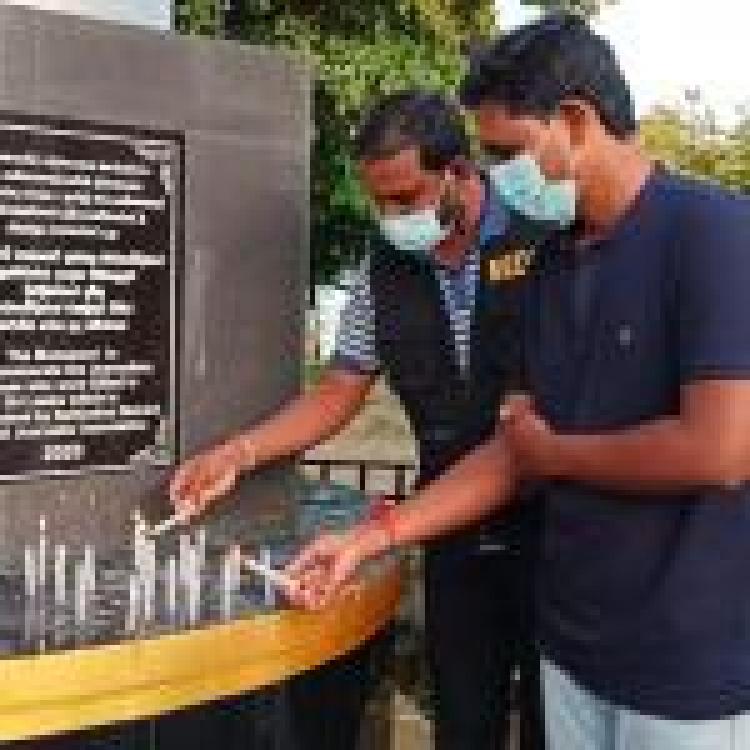In a statement released earlier this month, five UN Special Rapporteurs highlighted the "appalling and pervasive culture of impunity in Bangladesh," over the failure of Bangladeshi authorities to ensure justice for two journalists killed ten years ago.
Journalists, Sagar Sarowar and Meherun Runi, were killed in 2021, yet no one has been charged with their death. Sagar and Runi were stabbed to death in their own home, in front of their 5-year-old son.
"When crimes against journalists go unpunished, they embolden the perpetrators and encourage more attacks, threats and killings with the intention of intimidating the media into silence. We see those deeply worrying signs in Bangladesh," the special rapporteurs stated.
Sarowar and Runi were about to publish a piece detailing the corruption in Bangladesh's energy sector just before they were brutally murdered.
The Rapid Action Battalion (RAB), a unit of the Bangladesh police, took the case in 2012. However, even after the Bangladesh High Court ordered for the 84th time they publish their findings, they still have not done so.
"Journalism should not carry the inherent risk of being attacked, intimidated or killed with impunity but unfortunately that is the current reality for many journalists, human rights defenders and other members of civil society in Bangladesh," stated the UN Special Rapporteurs.
In 2012, the UN sent a letter to the government of Bangladesh detailing several journalists, including Runi and Sarwar, yet received no response back.
"At least 15 journalists have been killed in Bangladesh in the past decade," stated the special rapporteurs. "The incidents appear to be rarely investigated or prosecuted. In some cases, local authorities are thought to be directly implicated in the attacks."
"We urge the government to conduct and complete prompt, thorough, independent and effective investigations and bring perpetrators to justice for the murder of Sagar Sarowar and Meherun Runi and other killings of journalists and human rights defenders in Bangladesh," the OHCHR statement read.
The statement also highlighted the case of the writer Mushtaq Ahmed who died in custody last year. Ahmed was detained under the heavily criticized Digital Security Act after publishing a piece criticizing the government's COVID-19 response. Ahmed was tortured and refused timely and adequate medical care.
Last month, journalists in Sri Lanka deemed the month "Black January" commemorating the intimidation, murder and enforced disappearance of journalists. They documented the death of 43 journalists, most of which were Tamil.
Read more here.


